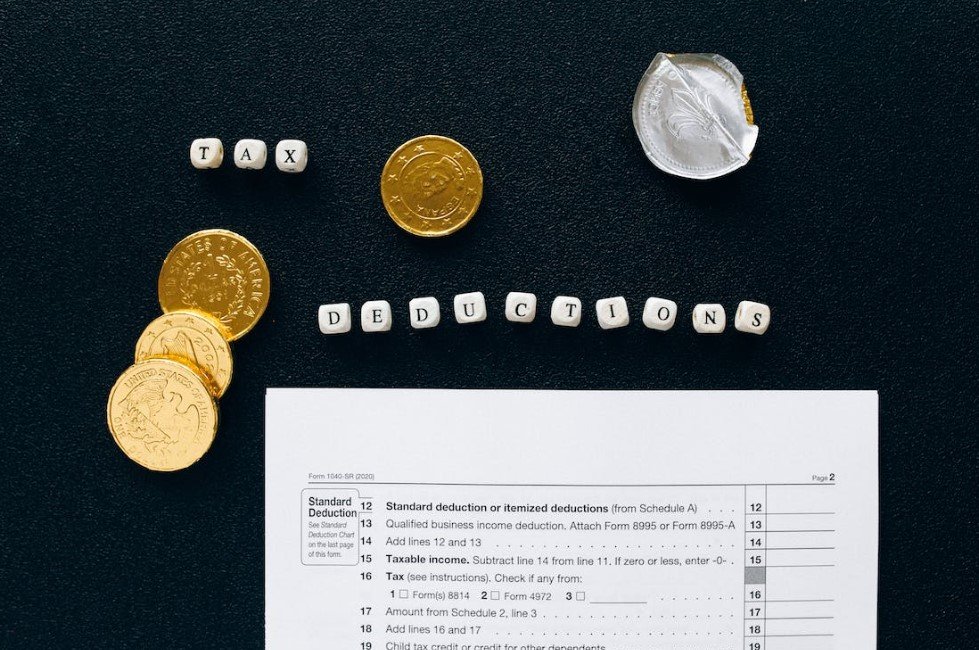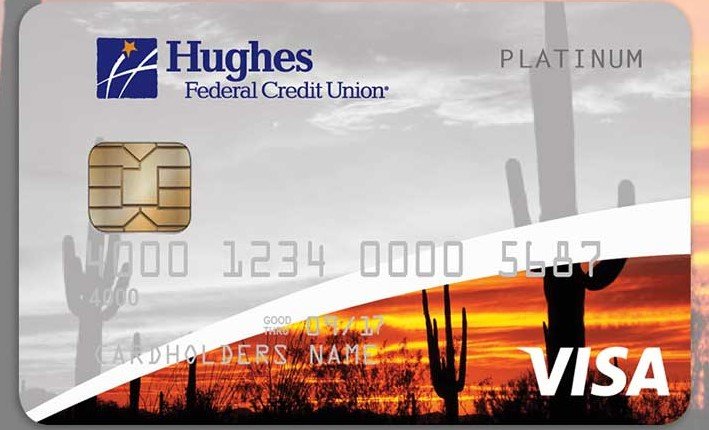Did you know that 78% of Americans live paycheck to paycheck? If you’re ready to take control of your finances, mastering budgeting is the first step. In this guide, we’ll walk you through the essentials of budgeting for beginners. From setting financial goals to tracking expenses and creating a realistic budget, we’ve got you covered. Discover practical tips and tricks to make your money work harder for you and pave the way towards financial freedom. Get ready to empower yourself with the knowledge and tools needed to build a solid financial foundation.
Key Takeaways
-
Start with Budgeting Basics: Understand the fundamental principles of budgeting, such as income, expenses, and savings, to lay a strong foundation for financial planning.
-
Set and Prioritize Financial Goals: Define clear and achievable financial goals to give direction to your budgeting efforts and motivate you to stay on track.
-
Craft Your Personal Budget Plan: Create a detailed budget that outlines your income sources, expenses, and savings targets, ensuring that every dollar has a purpose.
-
Track and Adjust Spending: Monitor your expenses regularly to identify areas where you can cut back or reallocate funds to align with your financial goals.
-
Review and Update Regularly: Regularly review your budget to assess progress, make necessary adjustments, and ensure that it continues to reflect your current financial situation and aspirations.
Begin with Budgeting Basics
Establish a Budget
When starting budgeting, it’s crucial to set a clear plan for your month. This plan outlines what you’ll spend and save.
Manage Your Finances
By creating a budget, you gain control over your money. It means tracking your income and expenses diligently.
Align Expenses with Income
Steps in budgeting involve ensuring that what you spend doesn’t exceed what you earn. This alignment is key.
Set and Prioritize Financial Goals
Identify Core Values
When setting financial goals, it’s crucial to identify your core values. Reflect on what truly matters to you and align your goals with those values.
Prioritize Objectives
Prioritize your financial objectives by distinguishing between short-term wants and long-term term goals. This helps in creating a clear roadmap for your financial journey.

Craft Your Personal Budget Plan
Determine Income Sources
When crafting your budgeting plan, start by determining all income sources to calculate your available income accurately. Identify all streams of revenue, including salaries, bonuses, or any additional income.
Categorize Expenses
Next, categorize your expenses into fixed and flexible categories. Fixed expenses include bills like rent, utilities, and insurance premiums that remain constant each month. Flexible expenses encompass variable costs such as groceries, entertainment, and dining out.
Utilize Personal Finance Software
To ensure efficient budget tracking, consider utilizing personal finance software. These tools can help you monitor your spending habits, track your bills and payments, and provide insights into areas where you can save money.
Track and Adjust Spending
Monitor Expenses
When it comes to budgeting, regularly monitor your expenses to ensure they align with your budget. This practice helps you stay on track financially.
Make Necessary Adjustments
If you notice discrepancies between your spending and budget, make necessary adjustments promptly. This proactive approach ensures financial stability in the long run.
Importance of Reviewing Budget
Understand the importance of periodically reviewing your budget for accountability and financial health. This process helps you identify areas where you can cut back or reallocate funds.
Review and Update Regularly
Utilize Budget Calculators
When managing your finances, take advantage of online budget calculators to streamline the process. These tools can provide key insights into your spending habits and help you allocate funds effectively.
Adapt to Changes
To ensure your budget remains effective, it’s crucial to be adaptable. Life circumstances can change unexpectedly, so regularly reviewing and adjusting your budget is essential for financial stability.
Budgeting is not a one-time task; it’s an ongoing process that requires time and dedication. By making small adjustments each month, you can stay on top of your finances and achieve your savings goals.
Stay Aligned with Your Goals
Regularly reviewing your budget allows you to realign your spending with your financial objectives. Whether you’re saving for a vacation or planning for retirement, keeping track of your expenses ensures you’re on the right way towards achieving your goals.
-
Utilize online budgeting tools
-
Adjust your budget as needed
-
Align spending with financial objectives
Final Remarks
Now that you have grasped the basics of budgeting, it’s time to take charge of your financial journey. By setting clear goals, creating a personalized budget plan, and consistently tracking your expenses, you are laying a solid foundation for a secure financial future. Remember, regular reviews and adjustments will ensure that your budget remains effective and aligned with your objectives.
Take the next step today and implement what you’ve learned. Start by setting achievable financial goals, crafting a budget that works for you, and monitoring your progress closely. Your commitment to mastering budgeting skills will not only bring you closer to your aspirations but also provide you with the financial freedom and stability you deserve.
Frequently Asked Questions
How important is it to begin with Budgeting Basics?
Starting with Budgeting Basics is crucial as it lays the foundation for managing your finances effectively. Understanding key concepts like income, expenses, and savings will help you make informed financial decisions.
What is the significance of setting and prioritizing financial goals?
Setting and prioritizing financial goals provide a clear roadmap for your budget. It helps you stay motivated, focused, and disciplined in managing your money. By defining your objectives, you can track progress and make necessary adjustments.
Why should I craft a Personal Budget Plan?
Crafting a Personal Budget Plan allows you to allocate your income wisely, ensuring that you cover essential expenses while saving for future goals. It helps prevent overspending, reduces financial stress, and empowers you to achieve long-term financial stability.
How does tracking and adjusting spending contribute to effective budgeting?
Tracking spending helps identify where your money goes, enabling you to spot areas for improvement or potential savings. By adjusting your budget based on actual expenses, you can align your priorities, control unnecessary costs, and reach financial milestones faster.
Why is it important to review and update my budget regularly?
Regularly reviewing and updating your budget ensures that it remains relevant to your current financial situation and goals. This practice allows you to adapt to changes in income or expenses, address new priorities promptly, and maintain a healthy financial outlook.















